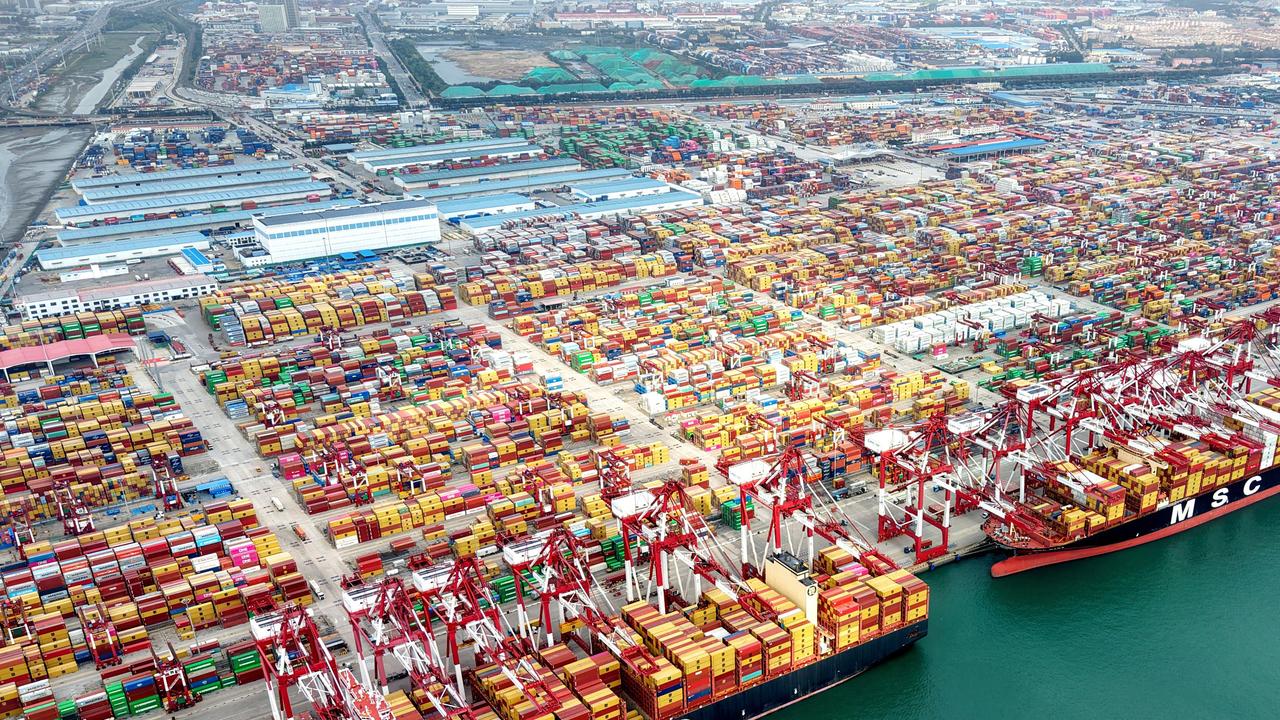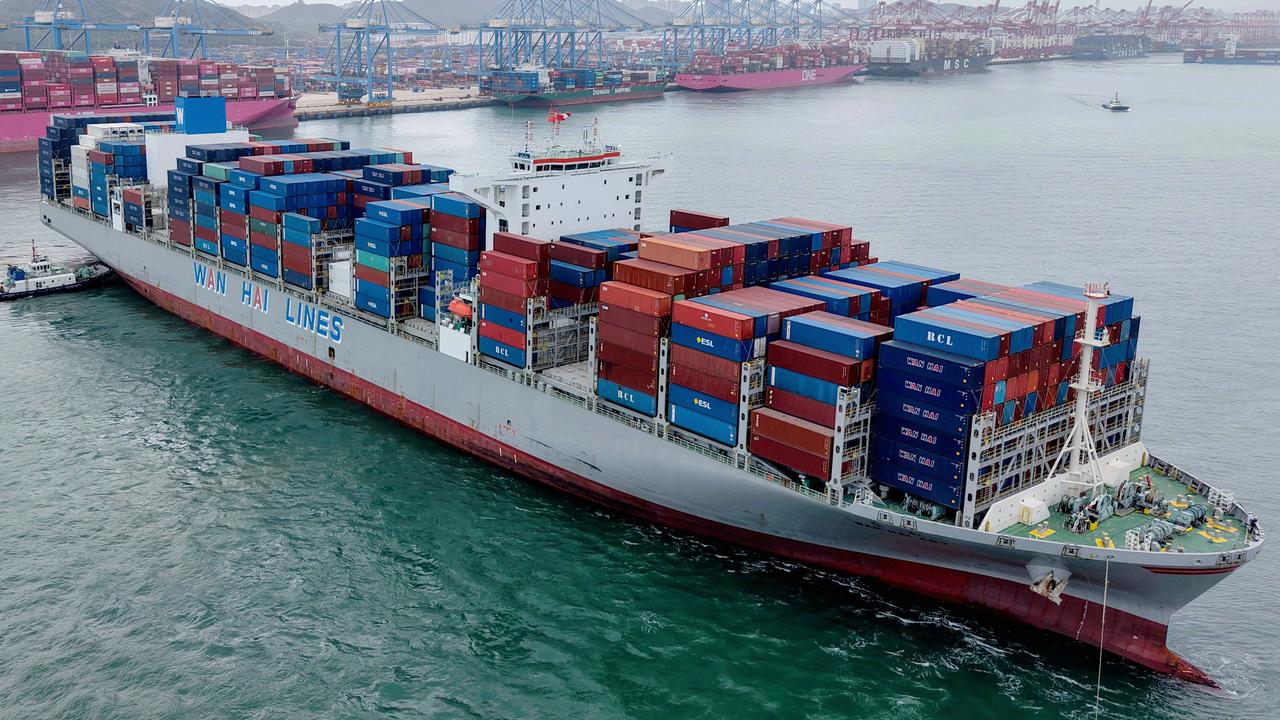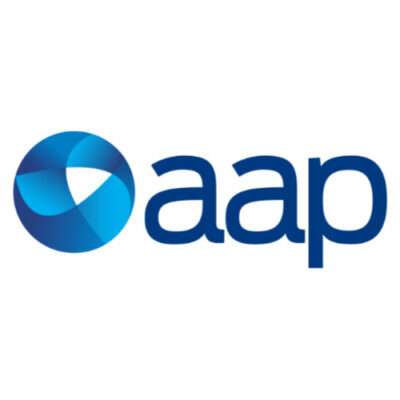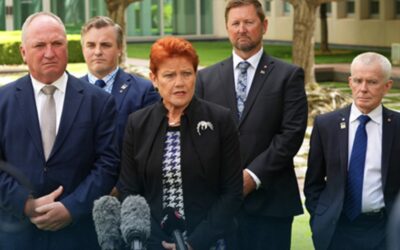The United States and China will begin charging port fees on ocean shipping firms that move everything from holiday toys to crude oil, making the high seas a key front in the trade war between the world’s two largest economies.
China said it had started to collect the special charges on US-owned, operated, built, or flagged vessels but clarified that Chinese-built ships would be exempted from the levies.
In details published on Tuesday by state broadcaster CCTV, China spelled out specific provisions on exemptions, including for ships built by China and empty ships entering Chinese shipyards for repair.

The China-imposed port fees would be collected at the first port of entry on a single voyage or for the first five voyages within a year, following an annual billing cycle beginning on April 17.
Early this year, President Donald Trump’s administration announced plans to levy the fees on China-linked ships to loosen that country’s grip on the global maritime industry and bolster US shipbuilding.
An investigation during former president Joe Biden’s administration concluded China uses unfair policies and practices to dominate the global maritime, logistics and shipbuilding sectors, clearing the way for those penalties.
The US is scheduled to also begin collecting fees on October 14. Analysts expect China-owned container carrier COSCO to be most affected, shouldering nearly half of that segment’s expected $US3.2 billion ($A4.9 billion) cost from those fees in 2026.
China hit back last week, saying it would impose its own port fees on US-linked vessels from the same day. Jefferies analyst Omar Nokta noted that 13 per cent of crude tankers and 11 per cent of container ships in the global fleet would be affected.
“This tit-for-tat symmetry locks both economies into a spiral of maritime taxation that risks distorting global freight flows,” Athens-based Xclusiv Shipbrokers Inc said in a research note.
In a reprisal against China curbing exports of critical minerals, Trump on Friday threatened to slap additional 100 per cent tariffs on goods from China and put new export controls on “any and all critical software” by November 1.
Administration officials hours later warned that countries voting in favour of a plan by the United Nations’ International Maritime Organization to reduce planet-warming greenhouse gas emissions from ocean shipping this week could face sanctions, port bans, or punitive vessel charges.
China has publicly supported the IMO plan.
“The weaponisation of both trade and environmental policy signals that shipping has moved from being a neutral conduit of global commerce to a direct instrument of statecraft,” Xclusiv said.
Australian Associated Press is the beating heart of Australian news. AAP is Australia’s only independent national newswire and has been delivering accurate, reliable and fast news content to the media industry, government and corporate sector for 85 years. We keep Australia informed.





